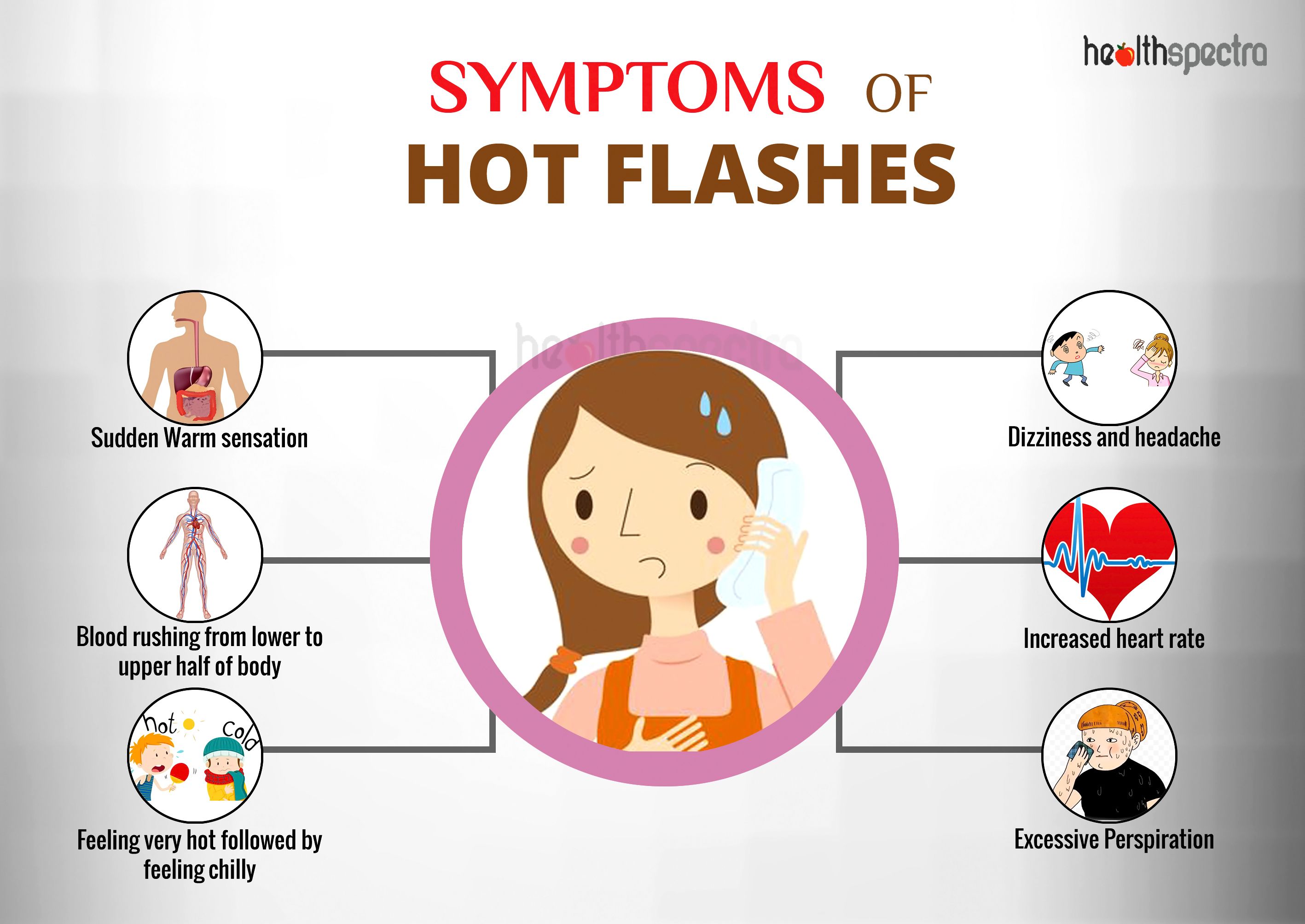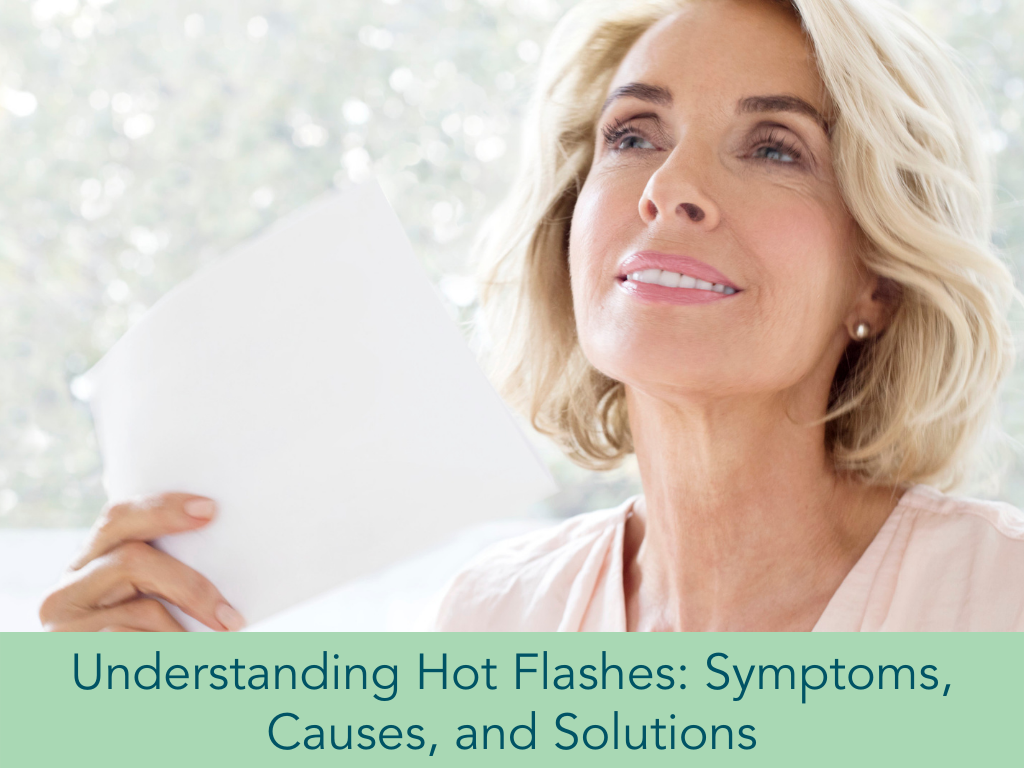As “What Causes Hot Flashes” takes center stage, this opening passage beckons readers into a world crafted with good knowledge, ensuring a reading experience that is both absorbing and distinctly original. Hot flashes, a common symptom of menopause and other conditions, can be a source of discomfort and embarrassment.
Understanding the underlying causes of hot flashes is essential for managing and alleviating these symptoms.
This comprehensive guide delves into the various factors that contribute to hot flashes, exploring the role of hormones, the nervous system, lifestyle choices, medical conditions, medications, and other potential triggers. By gaining a deeper understanding of what causes hot flashes, individuals can take informed steps towards managing their symptoms and improving their overall well-being.
Nervous System: What Causes Hot Flashes
The nervous system plays a crucial role in regulating body temperature and triggering hot flashes. The sympathetic nervous system, a division of the autonomic nervous system, is responsible for the body’s “fight-or-flight” response.
Sympathetic Nervous System, What causes hot flashes
When activated, the sympathetic nervous system releases hormones like adrenaline and noradrenaline, which cause an increase in heart rate, blood pressure, and breathing. These hormones also stimulate the release of sweat, which helps cool the body down.
Neurotransmitters
Neurotransmitters are chemical messengers that transmit signals between nerve cells. Certain neurotransmitters, such as serotonin and dopamine, have been linked to the regulation of body temperature and the triggering of hot flashes. For example, a decrease in serotonin levels has been associated with increased hot flash frequency and severity.
Lifestyle Factors

Lifestyle factors can significantly contribute to the occurrence and severity of hot flashes. Dietary choices, exercise habits, and stress levels can influence body temperature and trigger these episodes.
Dietary Choices
- Spicy foods:Capsaicin, a compound found in chili peppers, can increase body temperature and blood flow to the skin, leading to hot flashes.
- Alcohol:Alcohol consumption can dilate blood vessels, causing a temporary increase in body temperature and triggering hot flashes.
- Caffeine:Caffeine is a stimulant that can increase heart rate and metabolism, leading to elevated body temperature.
Exercise Habits
- Strenuous exercise:Intense physical activity can raise body temperature and trigger hot flashes, especially in warm environments.
- Insufficient hydration:Dehydration can impair the body’s ability to regulate temperature, making hot flashes more likely.
Stress Levels
Stress can activate the sympathetic nervous system, which releases hormones like adrenaline and cortisol. These hormones can increase body temperature and blood pressure, potentially triggering hot flashes.
Medical Conditions

Medical conditions can also contribute to the occurrence of hot flashes. Certain underlying health issues may affect the body’s temperature regulation mechanisms, leading to sudden feelings of heat and sweating.
Examples of such medical conditions include thyroid disorders, menopause, and certain types of cancer. These conditions can disrupt hormone levels, alter the body’s metabolic processes, or directly affect the nervous system, all of which can influence body temperature regulation.
Thyroid Disorders
Thyroid disorders, such as hyperthyroidism, can cause an overactive thyroid gland. This can lead to an increased metabolic rate, which can generate excessive heat and trigger hot flashes.
Menopause
Menopause, the natural decline in hormone production in women, can cause hormonal imbalances that affect body temperature regulation. Fluctuating estrogen levels can lead to hot flashes and night sweats.
Cancer and Cancer Treatments
Certain types of cancer and their treatments can also cause hot flashes. For example, breast cancer and prostate cancer treatments can affect hormone levels and disrupt body temperature regulation. Chemotherapy and radiation therapy can also cause hot flashes as side effects.
Medications

Medications are a common cause of hot flashes, especially in postmenopausal women. Several types of medications can trigger hot flashes, including:
- Antidepressants:Certain antidepressants, such as selective serotonin reuptake inhibitors (SSRIs) and serotonin-norepinephrine reuptake inhibitors (SNRIs), can cause hot flashes as a side effect.
- Hormone therapy:Hormone replacement therapy (HRT) can help relieve hot flashes in some women, but it can also cause hot flashes as a side effect in others.
- Steroids:Steroids, such as prednisone, can cause hot flashes as a side effect.
- Anticonvulsants:Anticonvulsants, such as phenytoin and carbamazepine, can cause hot flashes as a side effect.
- Calcium channel blockers:Calcium channel blockers, such as nifedipine and verapamil, can cause hot flashes as a side effect.
- Nitrates:Nitrates, such as nitroglycerin, can cause hot flashes as a side effect.
- Beta-blockers:Beta-blockers, such as propranolol and metoprolol, can cause hot flashes as a side effect.
The mechanism by which these medications trigger hot flashes is not fully understood, but it is thought to be related to their effects on the body’s temperature regulation system.
6. Other Causes
Beyond the physiological and lifestyle factors mentioned, hot flashes can also be triggered by various other causes, including environmental influences, psychological triggers, and genetic predispositions.
Environmental Factors
- Extreme Temperatures:Sudden exposure to high temperatures, such as during a heatwave or in a sauna, can induce hot flashes as the body attempts to regulate its internal temperature.
- Humidity:High humidity levels can interfere with the body’s natural cooling mechanisms, making it more challenging to dissipate heat and leading to hot flashes.
- Altitude:At high altitudes, the reduced atmospheric pressure can affect the body’s oxygen levels and trigger hot flashes.
Psychological Triggers
Certain psychological factors can also contribute to hot flashes:
- Stress:Emotional stress can activate the sympathetic nervous system, which can lead to the release of hormones that mimic the effects of estrogen and trigger hot flashes.
- Anxiety:Anxiety disorders can heighten the body’s sensitivity to triggers that may cause hot flashes.
Genetic Predispositions
Genetic factors can influence an individual’s susceptibility to hot flashes:
- Family History:Women with a family history of hot flashes are more likely to experience them themselves.
- Genetic Variations:Certain genetic variations have been linked to an increased risk of hot flashes, particularly those related to the estrogen receptor genes.
FAQ Section
What are the most common causes of hot flashes?
The most common causes of hot flashes are hormonal changes, particularly during menopause, and the activation of the sympathetic nervous system.
Can lifestyle factors contribute to hot flashes?
Yes, certain lifestyle factors such as caffeine, alcohol, and spicy foods can trigger hot flashes.
Are hot flashes always a sign of menopause?
No, hot flashes can also be caused by other conditions such as thyroid issues, certain medications, and infections.